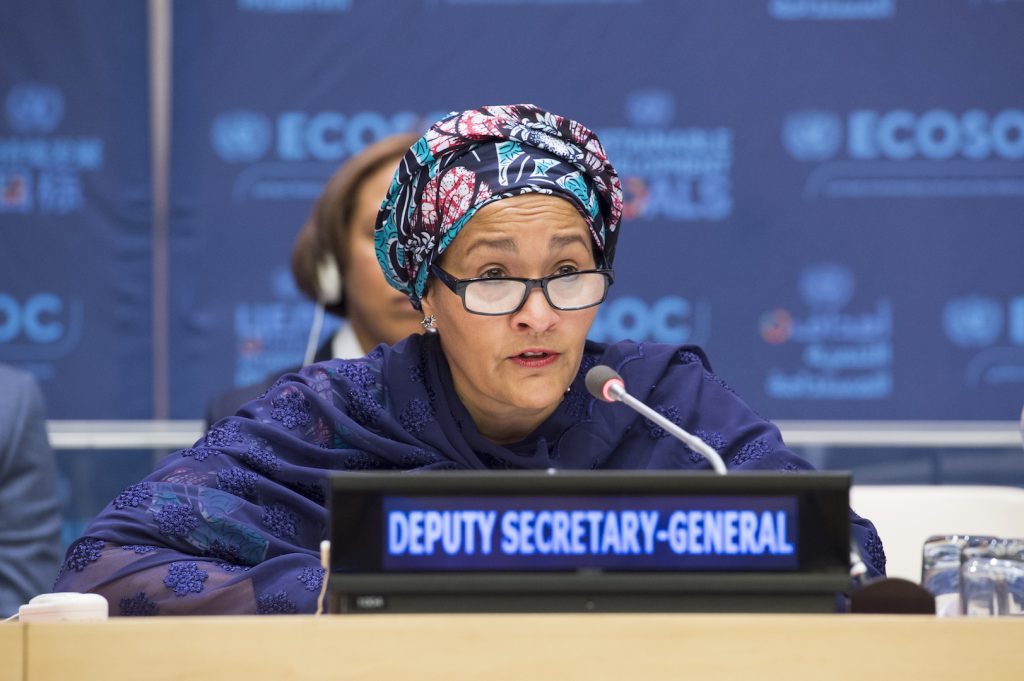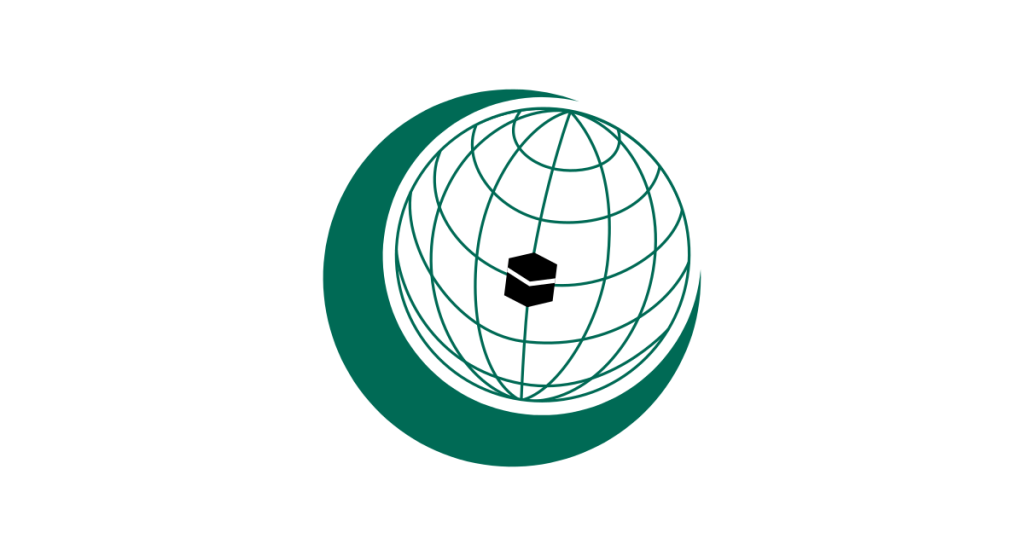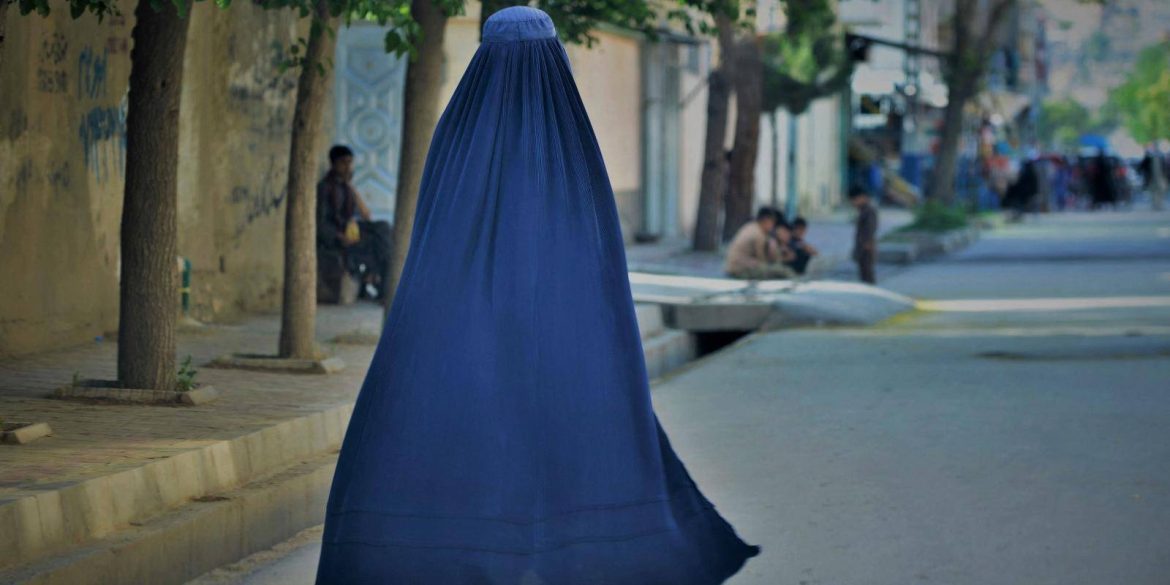AFGHANISTAN/UN delegation Amina Mohammed, who held talks with the Taliban, tells Al Jazeera some progress in the health sector made but much remains to be done.
A UN delegation, which held talks with senior Taliban officials in Afghanistan, has made headway on women’s rights. The UN Deputy Secretary-General Amina Mohammed said a week ago, cautioning that much remains to be achieved.
The high-level meeting earlier this week comes amid widespread criticism of the governing Taliban; for banning women from universities and NGOs last month. Millions of high school girls have already been confined to their homes as schools remain shut. The Taliban has gone back on its promises of women’s rights; and media freedom since they stormed to power in August 2021 after the West-backed government collapsed.
What did the UN delegation say?
“There has been some progress. Some exemptions have been made to the edicts that have covered the health sector,” Mohammed, who led the delegation, said, referring to the resumption of work by three NGOs last week.
“I think that’s because the international community, and particularly the partners who are funding this; were able to show the implications and the impact of the woman-to-woman services, particularly childbirth,” she added.
Not enough, she said, adding that was just the very beginning. “We’ve opened up a crack and we hope that through the reversals we can eventually get to a stage. A stage where you neutralize those edicts; and women are back in school and girls and of course in the workplace.”

The 61-year-old UN diplomat said her delegation met with cabinet members; including the foreign minister, deputy prime minister, and the minister of refugees and returnees.
The group also met the governor of Kandahar, as well as the Shura; (leadership council) that is responsible for taking many key decisions in the country.
“I was always very clear that I am going there as an opportunity to air the voices of Afghan women. We heard from young women who said; ‘We do not need your voice, what we need is you amplify ours,’” Mohammed said in an interview.
“I was very focused on getting those messages across.”
‘Important to have a conversation
Mohammed, the UN’s top-ranking female official, described the current laws on women’s education; and workplace as an “aberration” to the teachings of Islam but emphasized the need to engage with the Taliban.
“It’s very important to go in there and try to have a conversation with them, and they did,” she added.
“What we did see was an understanding … of how important it was for girls’ rights and women’s rights in education. They all didn’t … didn’t push back on that. But what they said was that … it is a work in progress and they’re going to come back to us with the new framing; around which they would protect women that would be accessing education and also the workplace,” Mohammed, said.
Last week, UN Secretary-General Antonio Guterres denounced the “unprecedented, systemic attacks on women’s and girls’ rights”; which he said, “are creating gender-based apartheid”.
Abdul Qahar Balkhi, the spokesman for the Taliban’s Ministry of Foreign Affairs; said some NGOs were trying to create what he called ‘social change’ in Afghanistan.
But he says the Taliban is allowing organizations to operate if they align with the country’s values.
Those NGOs which were committed to the “cardinal principle of NGO work [such as] impartiality and neutrality” were given exemptions in some areas, including health, Balkhi said last week.
OIC Cooperation
Mohammed, a former minister of environment in the Nigerian government, before she visited Kabul; reached out to the 57-member Organisation of Islamic Cooperation (OIC), which expressed concern about restrictions on women.
The OIC, the grouping of Muslim nations; issued a statement saying that what is happening in Afghanistan is against the holy Quran and Islam.

Moreover, Mohammed, said she was “surprised” by the Taliban’s “need and want to be recognized”.
To date, no country in the world has recognized the Taliban-led government since they stormed to power 17 months ago weeks in advance of the withdrawal of US-led foreign forces after 20 years of war and occupation.
Asked if the UN itself would recognize the group, Mohammed, the UN envoy, said, “I hope there is a day that we do recognize this government, provided it is based on the principles that they need to understand and uphold as part of the international family.”
“But I do fear that what we are doing is having women and girls caught in the crossfire, and it’s really important we don’t do that. We heard the stories of many Afghan women who, because of this, are not able to feed their children,” she added.
“They’re painful stories of women who don’t know where the next meal is coming from.”
According to the UN Office for the Coordination of Humanitarian Affairs (OCHA) the humanitarian crises in the country were affecting 28 million people.
Dozens of Afghans have died in the severe cold wave sweeping the country.
Source: Al-Jazeera


